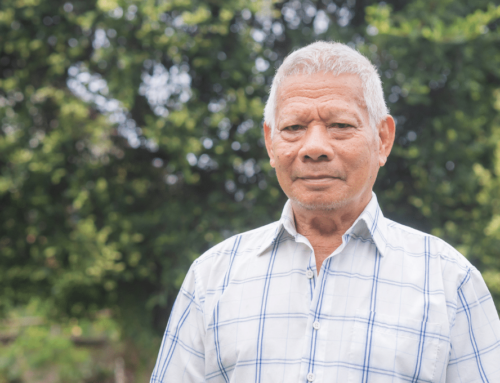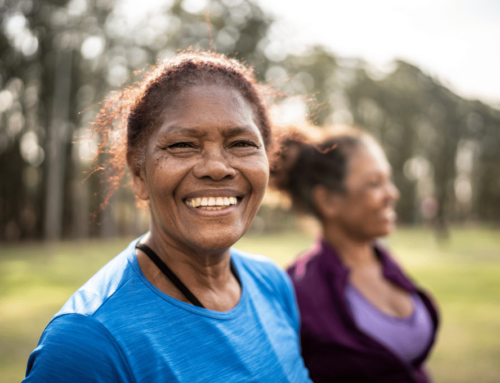 It’s no secret that the last few months of navigating the pandemic have been stressful for many people. Even as we begin to venture out more and adjust to “the new normal,” it’s important to recognize that anxiety about COVID-19 is still very real. Stress caused by fear and worry about health, finance concerns, homeschooling and job loss can be overwhelming and emotional.
It’s no secret that the last few months of navigating the pandemic have been stressful for many people. Even as we begin to venture out more and adjust to “the new normal,” it’s important to recognize that anxiety about COVID-19 is still very real. Stress caused by fear and worry about health, finance concerns, homeschooling and job loss can be overwhelming and emotional.
Check out this list of suggestions for adults, children and families to decrease stress compiled by our experts at Oaks and other top resources.
Adults
- Avoid excessive exposure to media coverage about COVID-19. Keep informed but try to limit the amount of news your take in whether it is from social media, television, radio, newspapers or magazines.
- When you are looking at media coverage of COVID-19, stay informed with accurate, reliable information from trusted sources. Avoid social media accounts and news outlets that promote fear or rumors.
- Take care of your body. Eat well balanced meals, stay hydrated, get plenty of rest and build physical activity into your day.
- Maintain a sense of hope and positive thinking. Optimism helps to approach unpleasant circumstances in a more encouraging and helpful way.
- Connect with loved ones through video calls, phone calls, texts or social media.
- Relax your body often by doing things that work for you – take deep breaths, stretch, meditate, journal or engage in activities you enjoy.
- Seek out three good things each day to help balance out the negative
Children
- Take time to talk with your children and reassure them. Answer questions and share basic facts they can understand to let them know it is okay to feel worried and share the positive ways you are coping with stress.
- Be a role model.
- Listen and validate young people’s concerns regarding safety, fears, anxiety and changes in daily life.
- Seek online resources to support emotional well-being, learn, work and play new activities.
Families
- Discuss with your family members how to show kindness to people who may not have a support system or are feeling isolated.
- Schedule and set a routine to help you and your family feel safe.
Most importantly, do not be afraid to ask for help. If you or a loved one are in need of mental health or addiction support, contact our Access Center at 1-800-963-3377 for more information. For everyone’s health and safety, we’re now offering telehealth services via phone and video!








